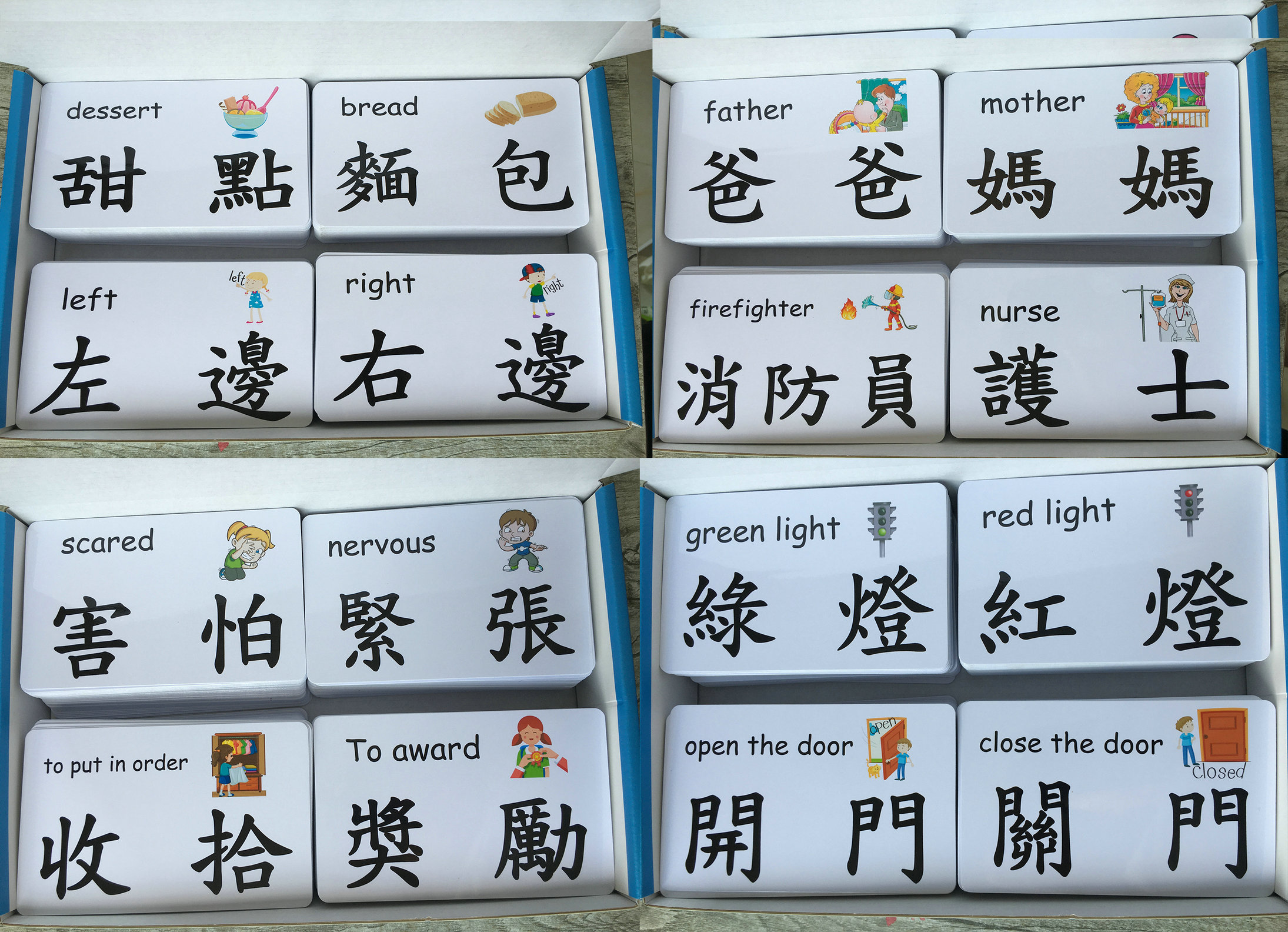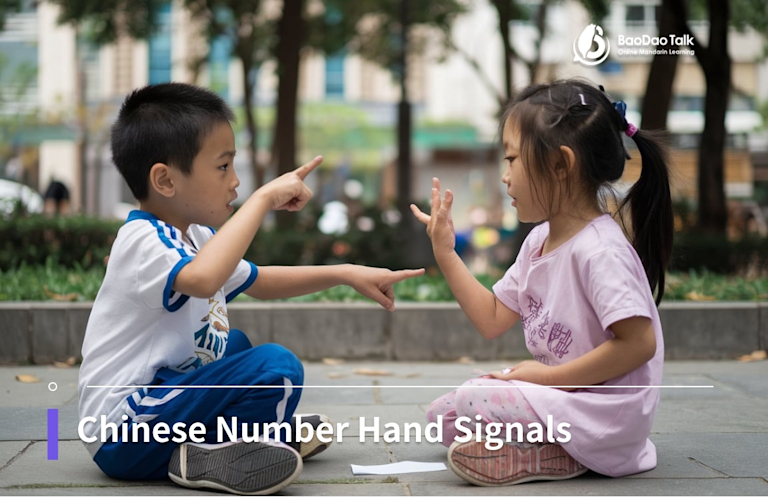BaoDao Talk Blog
2024-06-11updated
The world's hardest language? Quite the opposite! Simple tips to help you learn Mandarin easily!

# Learning Mandarin
# Practical knowledge
Learning Mandarin may seem like an insurmountable challenge, with its intricate characters and tonal nuances. But fear not! Contrary to popular belief, Mandarin isn't as daunting as it appears. In fact, with the right strategies and mindset, mastering Mandarin can be an achievable and rewarding journey. Let's dive into some tips and tricks to make Mandarin learning a breeze.
Quick Navigation
- Understanding the Complexity of Mandarin
- Learning Mandarin: Where to Begin
- Grammar: Friend or Foe?
- Watch Out for Homophones
- Building Vocabulary Efficiently
- Tailoring Learning to Your Interests
- Utilizing Online Resources
- Speaking Practice: Essential for Fluency
- Immersion: Immerse Yourself in Mandarin
- Conclusion
Understanding the Complexity of Mandarin
Common misconceptions about Mandarin
Misconceptions abound regarding Mandarin's difficulty, often deterring potential learners. It's time to dispel these myths and embrace Mandarin as an accessible language.
Bursting the myth of Mandarin's difficulty
While Mandarin does pose certain challenges, such as tonal pronunciation and character recognition, it's not an insurmountable task. With dedication and effective learning strategies, anyone can make significant progress in Mandarin proficiency.
Learning Mandarin: Where to Begin
Importance of radicals in Mandarin
Radicals are the building blocks of Chinese characters, providing clues to their meaning and pronunciation. Understanding radicals can greatly facilitate character recognition and vocabulary acquisition.
Radicals often convey the semantic essence or core meaning of a character. For example, the radical for "water" (氵) appears in characters related to water, such as "river" (江) and "rain" (雨). Recognizing radicals can help learners infer the meaning of unfamiliar characters based on shared radicals.
Starting with everyday vocabulary
Begin your Mandarin journey by learning vocabulary relevant to daily life. Focus on words related to food, greetings, and basic conversation to establish a solid foundation for language proficiency.
For example
Rice: 米飯 (mǐfàn)、Noodles: 麵 (miàn)、Vegetables: 蔬菜 (shūcài)、Fruit: 水果 (shuǐguǒ)、Meat: 肉 (ròu)、Fish: 魚 (yú)、Soup: 湯 (tāng)、Bread: 麵包 (miànbāo)、Egg: 雞蛋 (jīdàn)、Tea: 茶 (chá)
Hello: 你好 (nǐ hǎo)、Good morning: 早安 (zǎo ān)、Good night: 晚安 (wǎn ān)
Thank you: 謝謝 (xièxiè)、You're welcome:不客氣 (bú kèqì)��、Excuse me: 不好意思 (bù hǎo yì sī)、Yes: 是的 (shì de)、No: 不是 (bù shì)
Grammar: Friend or Foe?
Minimal grammar focus for beginners
Unlike some languages with complex grammatical structures, Mandarin grammar is relatively straightforward for beginners. Instead of getting bogged down by grammar rules, prioritize practical usage and communication skills.
Here's the translation:
For example: I went to the night market last night. Which of the following sentences is correct? (1)我去逛夜市,昨天晚上。(Wǒ qù guàng yèshì, zuótiān wǎnshang.) (2)我昨天晚上去逛夜市。 (Wǒ zuótiān wǎnshang qù guàng yèshì.)
(2) is more grammatically correct in Mandarin, but in Taiwan, both sentences convey the same meaning and are perfectly understandable in communication.
In Mandarin, using the correct words is more important than adhering strictly to grammar rules.
Emphasis on practical usage
Focus on learning phrases and sentence patterns that you can immediately apply in real-life situations. By practicing conversational Mandarin from the outset, you'll develop fluency more rapidly.
Watch Out for Homophones
Examples of confusing homophones
Mandarin is replete with homophones—words that sound alike but have different meanings. For instance, "蜜蜂" (mì fēng) means "bee," while "蜂蜜" (fēng mì) translates to "honey." Be vigilant to avoid misunderstandings caused by homophones.
Of course, this is a situation that only occurs with certain words. Through the process of reading and using them more frequently, one can become more proficient in remembering these special words.

Strategies to differentiate
To distinguish between homophones, pay attention to context and tone. Additionally, familiarize yourself with common word pairs to preempt confusion in communication.
Building Vocabulary Efficiently
Focus on high-frequency words
Prioritize learning high-frequency words that are commonly used in everyday conversation and written texts. By mastering essential vocabulary, you'll enhance your language proficiency more rapidly.
Vocabulary acquisition strategies
Employ mnemonic devices, flashcards, and spaced repetition techniques to reinforce vocabulary retention. Consistent practice and exposure to new words will bolster your Mandarin language skills.
Learn Once, Remember Forever. Start your Mandarin learning journey with BaoDao Talk!
Tailoring Learning to Your Interests
Customizing learning to personal interests
Make Mandarin learning enjoyable by incorporating topics that resonate with your interests and hobbies. Whether it's cooking, travel, or music, exploring Mandarin through familiar subjects can enhance motivation and engagement.
Example: Food as a starting point
If you're passionate about food, begin by learning Mandarin vocabulary related to cuisines, ingredients, and dining etiquette. This approach not only expands your language skills but also deepens your cultural understanding.
Utilizing Online Resources
Benefits of online Mandarin courses
Take advantage of online platforms offering Mandarin language courses tailored to various proficiency levels. Interactive lessons, multimedia resources, and virtual classrooms provide flexible and effective learning opportunities.
Choosing the right platform
Select a reputable online learning platform that suits your learning style and goals. Look for courses with experienced instructors, comprehensive curriculum, and interactive features to maximize your learning experience.
Speaking Practice: Essential for Fluency
Importance of speaking practice
Speaking is a crucial aspect of language acquisition, allowing you to apply grammar and vocabulary in real-time communication. Prioritize speaking practice to improve fluency and pronunciation.Through the process of conversation, you'll find that the majority of commonly used words are not many, and Mandarin doesn't have complex grammar or tense variations for words. Don't worry, it's really simpler than you think!
Engaging in conversation regularly
Seek opportunities to converse with native speakers or language partners to hone your speaking skills. Whether through language exchange programs or online forums, regular practice accelerates language proficiency.The pronunciation and tones in Mandarin can be a challenge for many people to overcome. Engaging in conversations with native speakers can help fine-tune pronunciation details.
Immersion: Immerse Yourself in Mandarin
Surrounding yourself with the language environment
Immerse yourself in Mandarin by exposing yourself to authentic language input. Surround yourself with Mandarin media, such as movies, music, podcasts, and books, to enhance listening comprehension and cultural understanding.
Incorporating Mandarin into daily life
Try to immerse your life with Mandarin! For example, label everyday items and appliances with their Mandarin names and pronunciations, allowing you to learn anytime. You can also start encountering more Mandarin vocabulary through things you enjoy, such as recipes, music, variety shows, and more. Begin with things you love! The more you immerse yourself in the language, the more natural your learning process becomes.
Conclusion
while Mandarin may initially seem daunting, it is far from the world's most difficult language. By adopting effective learning strategies, embracing cultural immersion, and persistently practicing, anyone can attain proficiency in Mandarin. Remember to focus on practical usage, immerse yourself in the language environment, and seek support from fellow learners and native speakers. With dedication and perseverance, you'll soon discover the beauty and richness of the Mandarin language.
Self-learning a language can be challenging. Why not try an online Mandarin teaching platform? There are various experienced Chinese teachers who can assist you in starting your learning journey and overcoming any difficulties you encounter along the way!
Share to:









